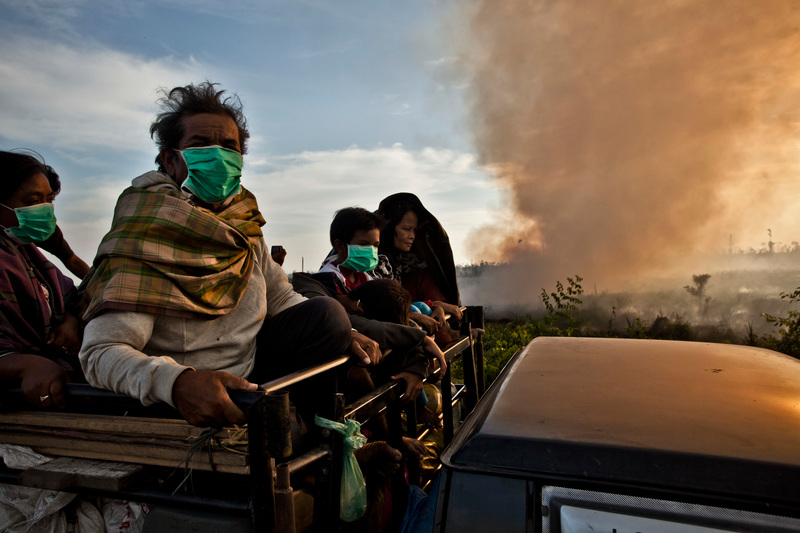- About
- Topics
- Picks
- Audio
- Story
- In-Depth
- Opinion
- News
- Donate
-
Signup for our newsletterOur Editors' Best Picks.Send
Read, Debate: Engage.
| topic: | Food Security |
|---|---|
| located: | Indonesia |
| editor: | Leo Galuh |
As the most populous country in Southeast Asia, Indonesians commonly invite many guests to celebrate their wedding day. With hundreds of guests in attendance and a wedding feast being the norm, these events are one example of how Indonesia produces food waste.
A food rescue movement led by young people in Surabaya in the East Java province provides an effective solution. The Garda Pangan Foundation will hunt or search for wedding parties with abundant leftover food. Their volunteers, mostly university students from Surabaya, will eagerly collect excessive food from restaurants, catering, bakeries, hotels, agriculture land, events, weddings, and individual donations. They will then distribute those meals to the city’s poor the following day.
The Garda Pangan Foundation was founded in June 2017 as a social, environmental, and excess food rescue organisation.
Indonesians have a bad habit of not finishing their meals. The country produced between 23 to 48 million tonnes of food waste each year from 2000 to 2019, according to The Indonesian National Development Planning Agency (Bappenas). Grains comprise the most significant portion of wasted food, with 44 per cent.
Indonesians contribute to unnecessary greenhouse gas (GHG) emissions when they waste food. The US Department of Agriculture explains that food loss and waste further compound the challenges posed by the climate change crisis due to its GHG emissions. Food production, transportation, and management releases significant amounts of Carbon Dioxide (CO2). Additionally, when food is disposed of in landfills, it produces methane, which has more than 80 times the warming power of carbon dioxide.
Surplus Indonesia is a mobile application tackling the country’s food waste problem. The company aims to promote a circular economy solution, led by a young man who graduated from Imperial College London in 2018 with a degree in Environmental Technology.
The app connects customers with restaurants, hotels, bakeries, farms, supermarkets, and food retailers. It also offers safe and untouched surplus food at a minimum of 50 per cent off, available before closing time.
These movements to rescue excess food and reduce GHG emissions, led by Indonesia's youth, set an example for young generations across Southeast Asia, home to 516.5 million internet users.
Generation Z and millennials are concerned about environmental issues and prefer environmentally friendly products, organic foods, and ethical fashion, according to McKinsey.
These young people are bringing promise and action to Indonesia's food waste crisis, combining their internet and social media know-how with a genuine concern for the environment to make a difference.
Image by Tubagus Alief Leo.

